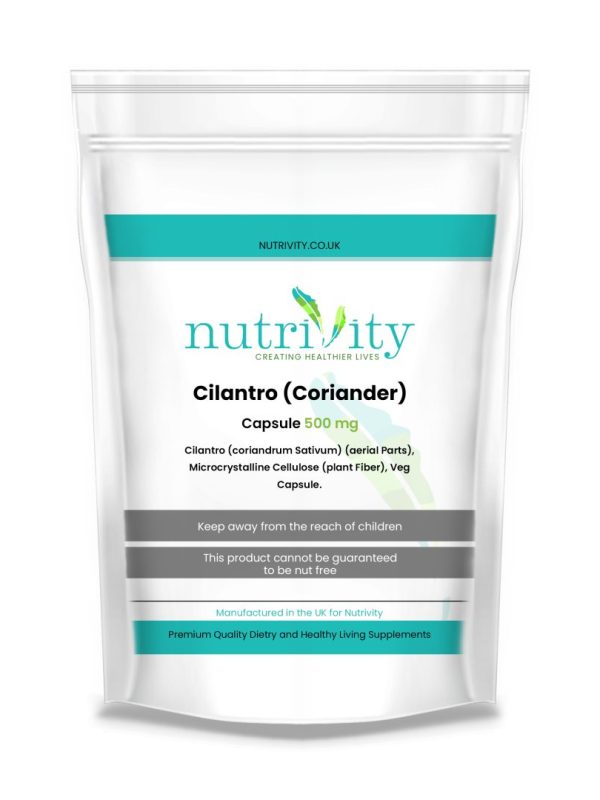Is cilantro good for your stomach?
Is Cilantro Good for Your Stomach? Exploring the Digestive Benefits of Cilantro
Introduction:
Cilantro, also known as coriander or Chinese parsley, is a versatile herb commonly used in various cuisines around the world. Beyond its aromatic and flavorful properties, cilantro has garnered attention for its potential benefits for digestive health. In this article, we will delve into the potential digestive advantages of cilantro and explore whether it truly lives up to its reputation.
Cilantro Coriander
The Nutritional Profile of Cilantro:
Cilantro is a nutritional powerhouse, rich in vitamins and minerals such as vitamin K, vitamin C, potassium, and folate. These nutrients play essential roles in supporting overall health, including digestive function. Additionally, cilantro contains antioxidants that may help protect cells from oxidative stress, potentially benefiting the digestive tract.
Cilantro and Digestive Enzymes:
One of the reasons cilantro is believed to be beneficial for digestion is its potential to stimulate digestive enzymes. Digestive enzymes are responsible for breaking down food into smaller, more absorbable components, aiding in nutrient absorption. Some studies suggest that cilantro may help stimulate enzyme production, promoting efficient digestion.
Anti-Inflammatory Properties:
Inflammation in the digestive tract can lead to discomfort and digestive issues. Cilantro contains compounds with anti-inflammatory properties, such as quercetin and kaempferol. These compounds may help reduce inflammation in the gut and alleviate symptoms associated with conditions like irritable bowel syndrome (IBS).
Promoting Healthy Gut Flora:
Maintaining a healthy balance of gut bacteria is crucial for digestive health. Cilantro has been explored for its potential prebiotic effects, meaning it may provide nutrients that support the growth of beneficial gut bacteria. A well-balanced gut microbiome is associated with improved digestion and overall well-being.
Addressing Bloating and Gas:
Bloating and gas are common digestive complaints. Cilantro’s carminative properties may help alleviate these discomforts. Carminatives are substances that promote the release of gas from the digestive tract, reducing bloating and preventing the buildup of gas.
Cilantro Tea for Digestion:
It can be consumed in various forms, and cilantro tea is one popular option. Cilantro tea is made by steeping cilantro leaves in hot water. Some people believe that drinking cilantro tea can help soothe an upset stomach, ease indigestion, and promote overall digestive comfort.
Incorporating Cilantro into Your Diet:
To reap the potential digestive benefits of cilantro, consider incorporating it into your diet. Add fresh cilantro leaves to salads, soups, and sauces for an extra burst of flavor and potential digestive support. You can also blend cilantro into smoothies or make cilantro pesto for a delicious and nutritious addition to your meals.
Conclusion:
While cilantro shows promising potential in supporting digestive health, it’s important to note that individual responses may vary. Including cilantro as part of a balanced diet can contribute to a diverse array of nutrients that benefit your overall well-being. Whether you’re adding it to your favorite dishes or sipping on cilantro tea, this herb’s digestive advantages make it a flavorful and healthful addition to your culinary repertoire.
- Cilantro and digestive enzymes
- Anti-inflammatory properties of cilantro
- Cilantro and gut flora balance
- Cilantro tea for upset stomach
- Benefits of cilantro for bloating and gas
- How to use cilantro for digestion
- Cilantro’s impact on IBS symptoms
- Cilantro’s role in promoting nutrient absorption
- Prebiotic effects of cilantro on gut health
- Incorporating cilantro into a balanced diet for digestion





